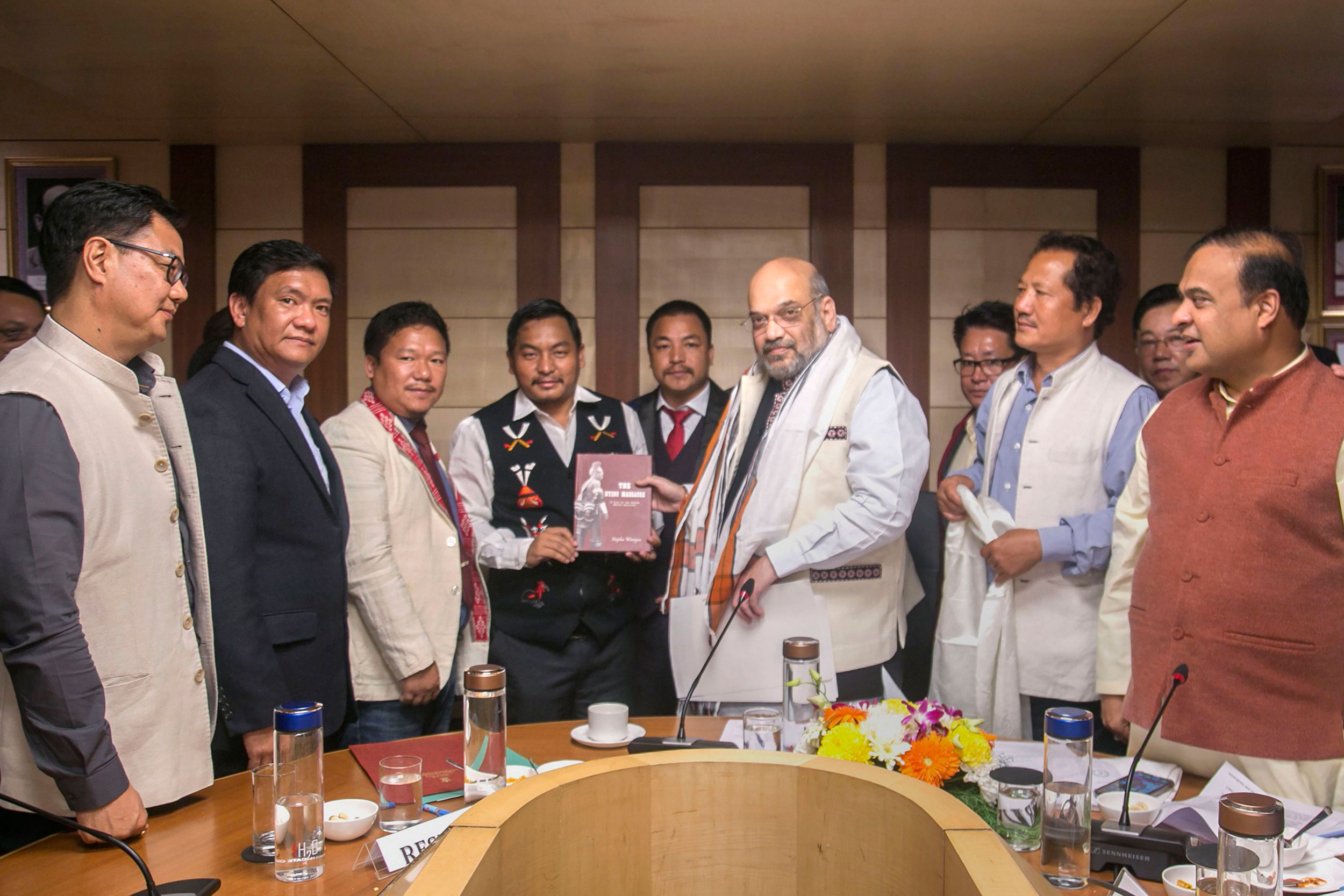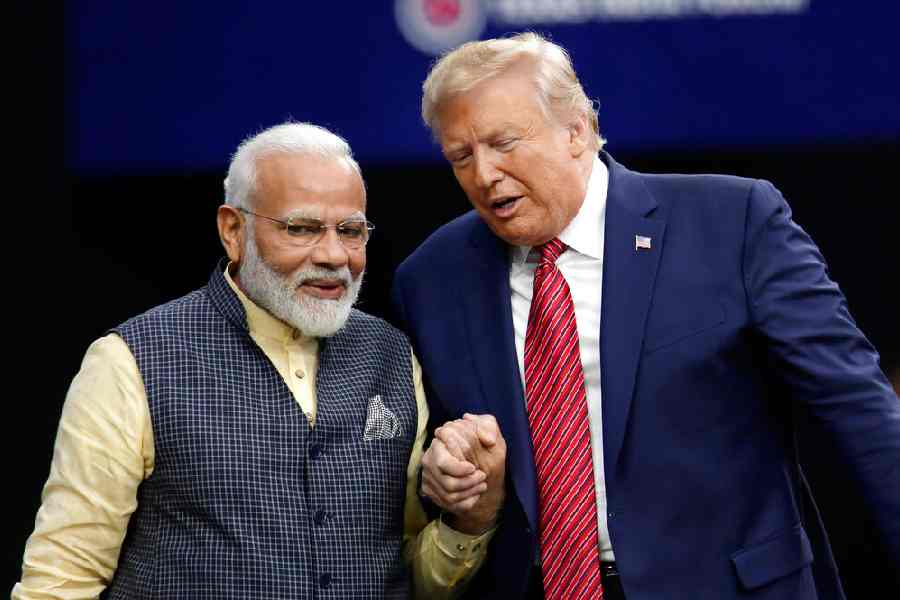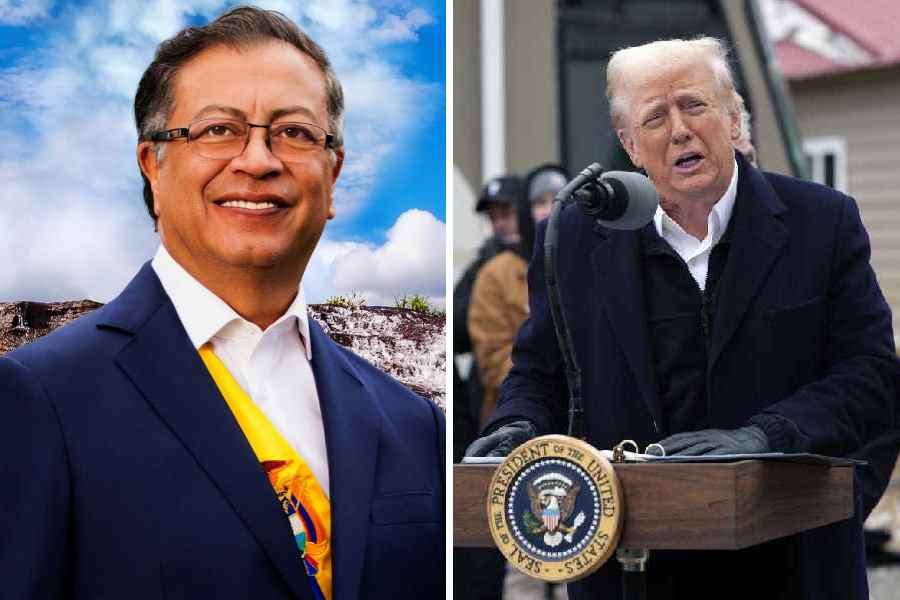The North East Students’ Organisation (Neso) has demanded that the entire region be exempted from the Citizenship (Amendment) Bill, 2019, and said “piecemeal” solutions offered by the Centre to end the imbroglio on the proposed legislation would not solve the problem.
Briefing reporters after meeting Union home minister Amit Shah in New Delhi on Saturday, Neso chairman Samuel B. Jyrwa said that different solutions were offered to different states in a piecemeal manner.
Jyrwa said: “The home minister briefed us regarding the meetings with different states in which solutions were offered to them in a piecemeal manner. We feel that the Northeast is a block. The piecemeal solutions will not end the crisis because if some states are affected by the bill, sooner or later the other states will also be affected.
“Neso welcomes protective measures for all the states which include those protected by the inner-line permit (ILP), scheduled areas and implementation of constitutional safeguards for Assam. During the meeting with Shah, we told him that since 2016 Neso is against the bill and we stick to our stand even now.”
Speaking to The Telegraph, Jyrwa said the Centre had said that the bill would not be implemented in areas which were declared “scheduled areas” and in states where the ILP exists.
“What we feel is that such piecemeal solutions will not help. These solutions will not protect the entire Northeast,” he said. Jyrwa added Neso demanded implementation of the ILP in the entire region to protect the indigenous population.
Jyrwa said that Neso told Shah that instead of the bill, the ILP should be implemented in the entire region to protect the indigenous population.
“We demanded that the National Register of Citizens (NRC) should be implemented in other parts of the region and not only in Assam. But the base year will vary from state to state. We also wanted that the India-Nepal Friendship Treaty, 1950, should not be applicable to the region,” he added.
Neso also demanded constitutional safeguards over land and indigenous resources.
Shah called a meeting of various political parties and civil society groups from all the northeastern states to discuss the bill. Since Friday, Shah has held meetings to thrash out the reservations against the proposed amendment to the Citizenship Act, 1955. Jyrwa said the organisation asked Shah not to go ahead with an amendment to the Act, but to respect the sentiments of people of the region.
He also informed that Neso would meet soon to take stock of the discussions held with Shah on the bill before deciding its future course of action.
Khandu stand
Shah on Saturday assured that the inner-line permit of Arunachal Pradesh, including applicable provisions of Bengal East Frontier Regulation (BEFR), 1873 and the Chin Hills Regulations (CHR), 1896, will be suitably incorporated in the proposed Citizenship (Amendment) Bill, 2019.
The home minister’s assurance came following a meeting held at the national capital convened to discuss the concerns raised by various stakeholders from Arunachal Pradesh on the proposed Bill.
Shah further assured the Arunachalee delegation led by chief minister Pema Khandu that the new amendments to the bill will have zero impact on the frontier state.
“The Government of India will sincerely consider all the concerns raised by the stakeholders in the Citizenship (Amendment) Bill, 2019 to protect the interests of all Arunachalees,” Shah said.
Chief minister Khandu, while highlighting the concerns of the indigenous tribal communities of Arunachal conveyed that the state “unequivocally” opposes the Citizenship (Amendment) Bill. The chief minister appealed for special provisions to protect the interests of indigenous tribal communities.
A consultative committee on CAB constituted by the Arunachal Pradesh government had earlier this month put forward a two-point recommendation to the Centre, saying there was “unequi-vocal” opposition to the Bill.
Additional reporting by Damien Lepcha in Itanagar











